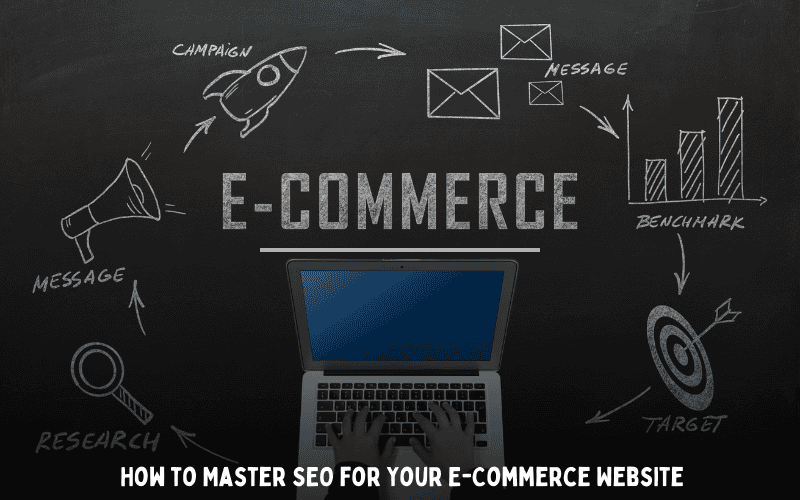Search Engine Optimization (SEO) is an essential component of any e-commerce strategy, directly impacting your website’s visibility and user engagement. This detailed guide provides a comprehensive approach to mastering SEO for your e-commerce website, ensuring that you attract more visitors and convert them into customers.
The Importance of SEO in E-Commerce
SEO isn’t just about driving traffic; it’s about driving the right traffic that is ready to buy. By optimizing your e-commerce site, you not only increase visibility but also enhance user experience and sales potential.
Understanding SEO Fundamentals
SEO Basics for E-Commerce
- Keyword Research: Start by identifying keyword phrases that potential customers are using to find products like yours.
- Actionable Tip: Use tools like Google Keyword Planner or Ahrefs to find relevant keywords with high search volumes and moderate competition.
On-Page SEO Strategies
Optimizing Product Pages
- Metadata and Descriptions: Ensure that each product description includes targeted keywords and is written to encourage clicks.
- URL Structure: Use clear, readable URLs with keywords relevant to each page’s content.
- Actionable Tip: Create unique and engaging product descriptions for each item, focusing on benefits and key features.
Enhancing Site Structure
- Navigation: Design your site with a clear hierarchy and text links. Every page should be accessible from at least one static text link.
- Mobile Optimization: Ensure your site is fully responsive, as mobile-friendliness is a significant ranking factor for Google.
Off-Page SEO Techniques
Building Quality Backlinks
- Link Building: Encourage reputable websites to link back to your products or blog posts.
- Guest Blogging: Write articles for other blogs in your industry to get quality backlinks.
- Actionable Tip: Engage with online communities related to your product niche to increase visibility and backlink opportunities.
Technical SEO for E-Commerce
Speed and Security
- Site Speed: Optimize your website to load quickly on all devices, as speed influences both rankings and user experience.
- SSL Certificate: Secure your site with HTTPS to protect user data and improve trust.
- Actionable Tip: Regularly check your site’s speed using tools like Google PageSpeed Insights and make necessary adjustments.
Measuring SEO Success
Analytics and Tools
- Google Analytics: Monitor your site’s traffic and behavior to understand the effectiveness of your SEO strategies.
- Conversion Rate Optimization: Track how changes in SEO affect sales and adapt your tactics accordingly.
- Actionable Tip: Set up goals in Google Analytics to track conversions directly related to your SEO efforts.
Continuously Improving Your SEO Strategy
SEO is not a one-time task but an ongoing process of testing, measuring, and refining. Staying updated with the latest SEO trends and algorithm updates is crucial to maintaining and improving your rankings.
This article not only provides the foundational steps to enhance your e-commerce site’s SEO but also delves into advanced tactics that can lead to significant improvements in traffic and sales. By following these guidelines, e-commerce professionals can ensure their sites rank well, attract the right audience, and achieve greater conversions.

